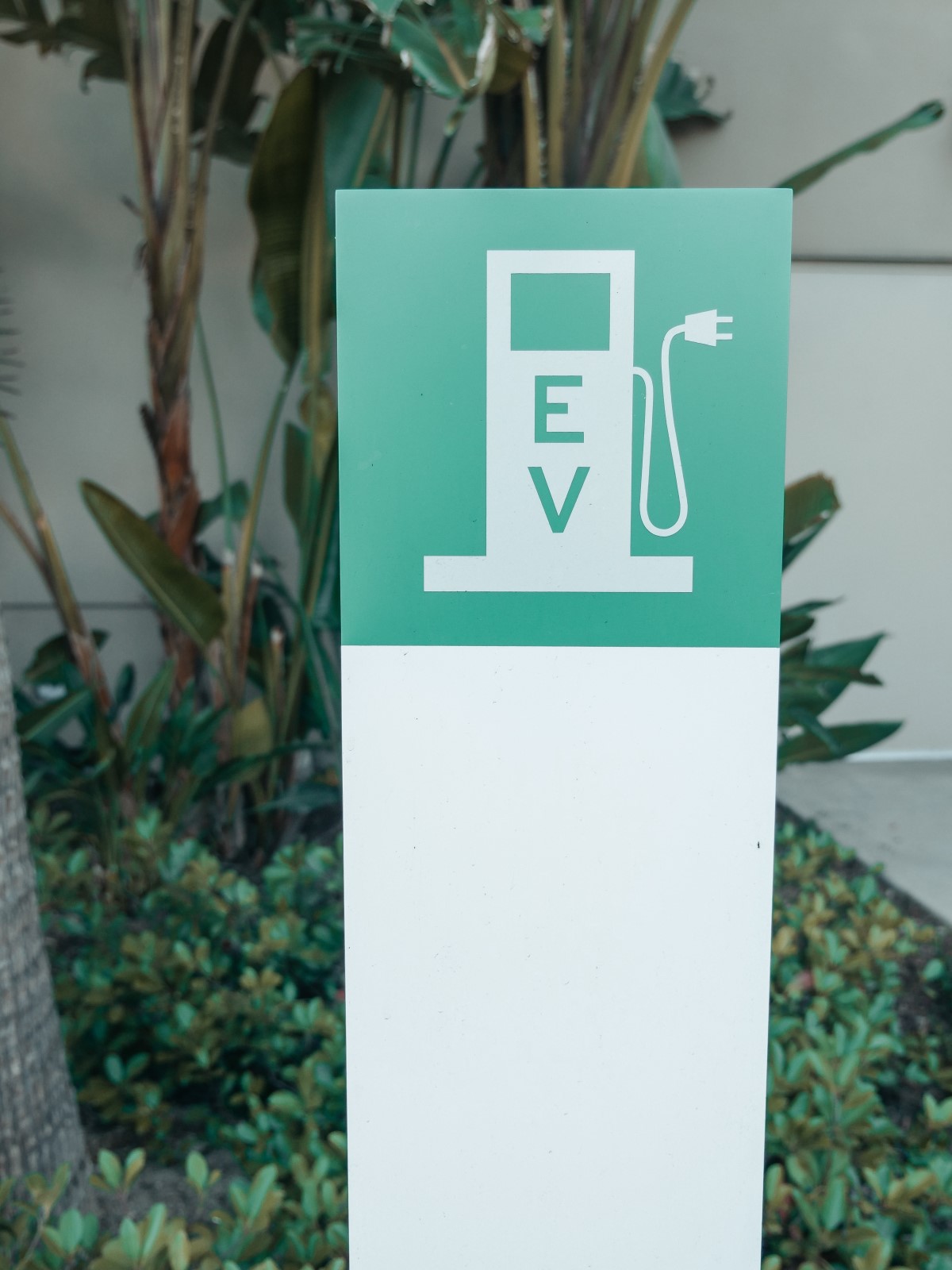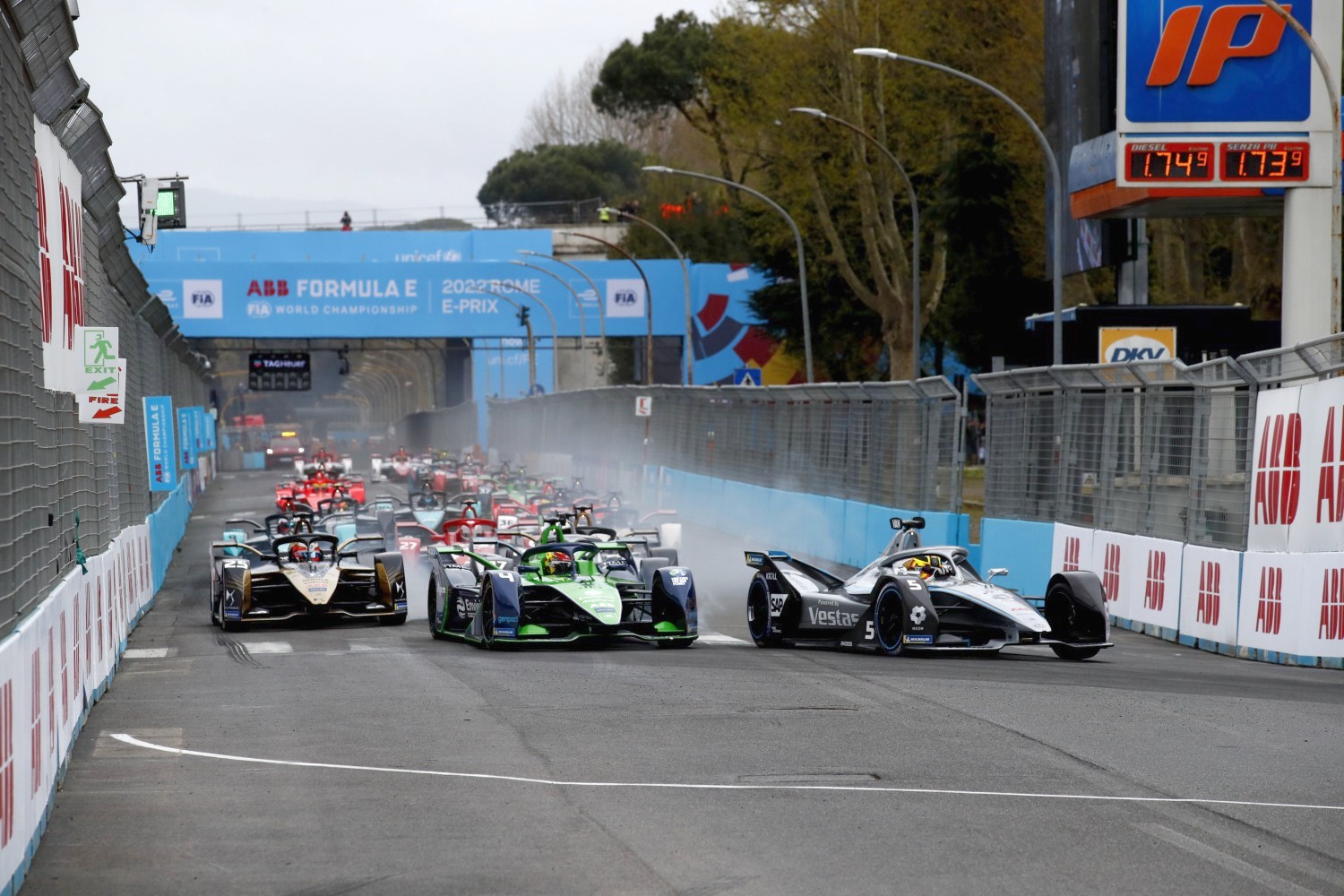How electric vehicles are taking charge of the racing world
With the recent conclusion of the 2022 Rome ePrix, electric vehicle (EV) racing is at the forefront of our minds. Driven by improvements in infrastructure and pricing, the adoption of EVs is accelerating and bringing interest in Formula E and other electric motorsports along with it.
It’s not all good news however, as concerns over battery fires have led to some cargo shipping companies banning the transport of EVs on their freighters entirely.
Current status of electric racing
Mirroring the rapid adoption of electric cars by the public, the popularity of EV racing has exploded in the last couple of years. Formula E is the electric equivalent of Formula 1. Started in 2014, the series is now hosted in cities around the world.

A big year for the series, 2021 brought record-breaking viewership figures with a cumulative audience of over 300 million. Last year also saw the inaugural race of the Extreme E series, EV racing’s answer to the World Rally Championship.
In keeping with their innovative nature, these EV racing series have introduced a number of game-changing rules unique in motorsport. Formula E’s attack mode and fan boost add exciting new components to each race and even allow fans to influence their outcome.
Meanwhile, Extreme E, a project originally led by the founder of Formula E, chooses its race locations with an aim to raise awareness of climate change. The series has also made a strong push for gender equality in motorsport, requiring that their racing teams consist of both a male and female driver, with driving duties split equally between the two.
A supercharged year for electric racing
The year ahead looks bright for EV racing as viewership and investments continue to rise. Battery improvements and the miniaturization of electric motors have also led to entirely new forms of transport such as electric scooters (e-scooters) taking urban areas by storm.
The establishment of the eSkootr Championship, which holds its debut race later this year, further demonstrates their rise in popularity. The organization behind Extreme E has also announced a racing series dedicated to hydrogen rally racing, further promoting innovative, zero-emission transport technologies.
Closely associated with electric vehicles, autonomous driving has also seen a lot of attention in recent years.
Roborace is the world’s first self-driving AI competition, pitting teams of AI developers against each other. The series features DevBot, a fully-autonomous electric vehicle unlike anything we’ve seen before. It is a significant divergence from traditional racing with developers and AI researchers taking center stage over drivers and car manufacturers. These unique and inventive approaches to motorsport are driving research and development. As a consequence the advancements in EV and autonomous technology that they produce will have lasting impacts for everyday drivers.
Since its inception, motorsport has been used by the automotive industry to promote their brands, products and technologies. Electric racing is no different. It is an opportunity for manufacturers to raise awareness and push EVs into the spotlight. The spectacle serves as an advertisement for the viability of EVs and their challenge to traditional combustion engines.
Indeed, 2022 will be a big year for the electric racing world.
